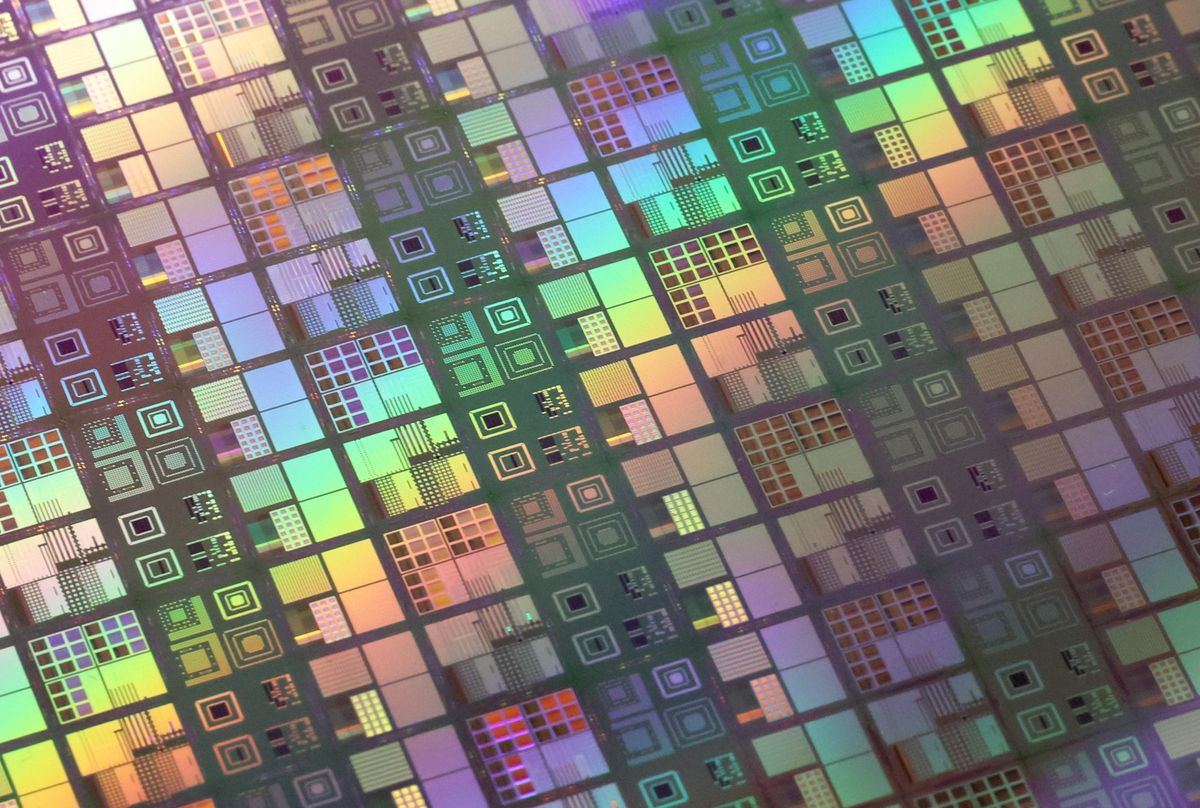24: A group of 24 Chinese researchers claims to have cracked the code for the most common form of online encryption with the current generation of quantum computers. If true, this means that government secrets are up for grabs for whoever has the tech until more powerful quantum computing allows tougher encryption.
36: Starting Friday, Russia will observe a 36-hour cease-fire in Ukraine for Russian Orthodox Christmas. This is Vladimir Putin’s response to a plea by Patriarch Kirill, the head of the Russian Orthodox Church. Kyiv says it's an attempt to stop its advancements and has rejected the cease-fire.
2.2: A North Korean drone briefly penetrated a 2.2-mile radius no-fly zone around the residence of South Korea's President Yoon Suk Yeol. The South Korean military has gotten an earful because it failed to down the drones — the first to penetrate the South’s airspace since 2017 — despite scrambling fighter jets and attack helicopters.
1,000: Argentina's local currency has become so worthless that a local artist is using even the highest-denomination bill of 1,000 pesos (equivalent to $3 on the black market) as a canvas for paintings. Don't miss his take on the iconic poster from the 1975 US film "Jaws."


















